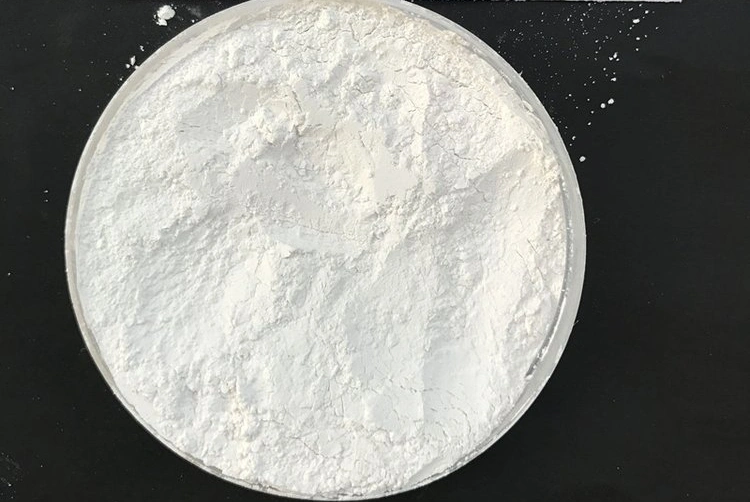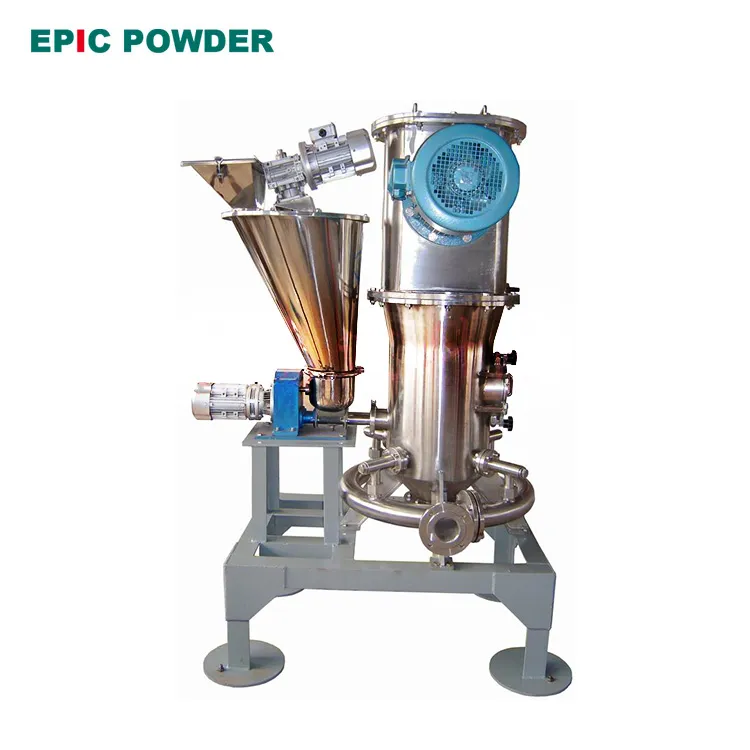What is high-purity calcium carbonate? In traditional manufacturing, it’s a vague concept. For example, with a low iron impurity content and 98% calcium carbonate, some may call it high-purity calcium carbonate. But in high-end material applications, this is far from meeting high-purity standards. High-purity calcium carbonate is widely used in electronic components, capacitors, pharmaceuticals, food supplements, cosmetics, ceramics, optical glass, fluorescent materials, and lab reagents. Note: The high-purity calcium carbonate discussed here refers to light calcium and nano-calcium. Their particle size ranges from tens of nanometers to two microns, with a spherical or quasi-spherical shape.

Definition and classification of high-purity calcium carbonate
Taking a company’s classification of high-purity calcium carbonates as an example:
- 93.0% calcium carbonate is industrial grade
- 96.0% is special steel grade
- 98.0% is ceramic grade
- 99.0% is fluorescent grade
- 99.8% is optical grade
- 99.99% is high-purity.
According to chemical purity standards, calcium carbonate can also be classified into:
- 99.8% (GR) superior purity
- 99.7% (AR) analytical purity
- ≥99.5% (CP) chemical purity.
Additionally, purity requirements vary in practical applications, such as:
- 99.0% for pharmaceutical materials
- 99.5% for electronic materials
- 99.3% for chemical reagents
- 99.99% for high-purity calcium salt synthesis.
To achieve high purity in calcium carbonate, controlling impurities is crucial, as impurities directly affect purity and application performance. Analysis of limestone composition shows:
- Silica (SiO₂) 0.07-1%
- Alumina (Al₂O₃) 0.02-1%
- Iron oxide (Fe₂O₃) 0.03-1%
- Calcium oxide (CaO) 48-55.22%
- Magnesium oxide (MgO) 0.08-1%,
As well as various metal impurities like lead, barium, and strontium.
Moreover, during the calcium carbonate preparation process, chemical additives and processing equipment can introduce additional impurities, which must be minimized.

Application of High-purity Calcium Carbonate
Reagents and Materials
High-purity calcium carbonates reagents are used for determining halogens in organic compound reactions, water analysis, phosphorus determination, and for decomposing silicates with ammonium chloride. They are also used to prepare calcium chloride solutions for titrating soap solutions and for insect cell culture, among other applications.
- Superior purity (99.8%) is also known as first-grade or guaranteed reagent. It has the highest purity and lowest impurity content, suitable for critical, precise analytical work and scientific research.
- Analytical purity (99.7%) is also known as second-grade reagent. It is slightly lower in purity than superior purity and is suitable for important analysis and general research.
- Chemical purity (≥99.5%) is also known as third-grade reagent. The purity is significantly lower than analytical purity and is used for general analysis in industry, mining, and schools.
Electronic Materials
Common electronic-grade calcium carbonate can be divided into two categories: superior grade (99.5% purity) and first grade (99.3% purity). High-purity calcium carbonate is used as a filler in electronic materials, helping to reduce the dependence of dielectric constant on temperature, alter the Curie temperature, improve voltage resistance, and enhance ferroelectric properties. It can be used in current-limiting protection, demagnetization, startup, heating elements (PTC), multilayer ceramic capacitors (MLCC), microwave components, and piezoelectric/piezoresistive components. It is also used as a grain refiner for barium titanate in ceramic chips, in back-end film capacitor materials, and as electronic reagents.
Research indicates that when the impurity content of calcium carbonate is reduced to 0.01-10 ppm or even down to the ppb level, with metal impurities below 1 ppb and dust levels at 0-2 ppb, calcium carbonate is suitable for 0.35–0.8-micron integrated circuit processing.
High Purity Chemicals
According to literature, calcium carbonate with 99.99% purity is widely used in high-purity optical calcium fluoride single crystal materials, fluorescent materials, electronic fillers, high-purity calcium salts, and other basic materials. Among these, high-purity optical calciums fluoride single crystal materials (99.99%) are synthesized using high-purity calcium carbonate as a raw material, and the purity of calciums carbonates determines the purity of calciums fluoride.
In addition to optical calciums fluoride, high-purity calcium carbonate is also directly used as a calcium nutrient fortifier or as an intermediate in the production of high-purity calcium salts, such as calcium citrate. In these applications, the content of harmful heavy metal impurities is a particularly critical requirement, and purity standards have not yet been unified.
Optical Materials
Some companies classify calcium carbonate with 99.8% purity as optical grade, which can be used to prepare optical neodymium glass and fluorescent materials. Its impurity content is extremely low. For example, one company’s product data shows:
- Sodium and potassium: 0.002%
- Magnesium: 0.02%
- Sulfate: 0.01%
- Iron: 0.0005%
- Chlorine: 0.01%, which is much lower than regular calcium carbonate.
In addition to high-purity calcium carbonate powder materials, iceland spar crystals (transparent calcite) have a pure chemical composition. Their birefringence and polarization properties are notable, making them suitable for manufacturing various polarizing devices, spectroscopic devices, and optical isolators, with excellent performance.
Conclusion
High-purity calcium carbonate is positioned at a higher-end market compared to regular calcium carbonates. It is used in smaller quantities per application, has a higher unit price, and requires more complex production processes. Currently, there are fewer companies in this field with smaller production capacities, and the industry chain is significantly different from traditional calcium powder.
Epic Powder
Epic Powder, 20+ years of work experience in the ultrafine powder industry. Actively promote the future development of ultra-fine powder, focusing on crushing,grinding,classifying and modification process of ultra-fine powder. Contact us for a free consultation and customized solutions! Our expert team is dedicated to providing high-quality products and services to maximize the value of your powder processing. Epic Powder—Your Trusted Powder Processing Expert !